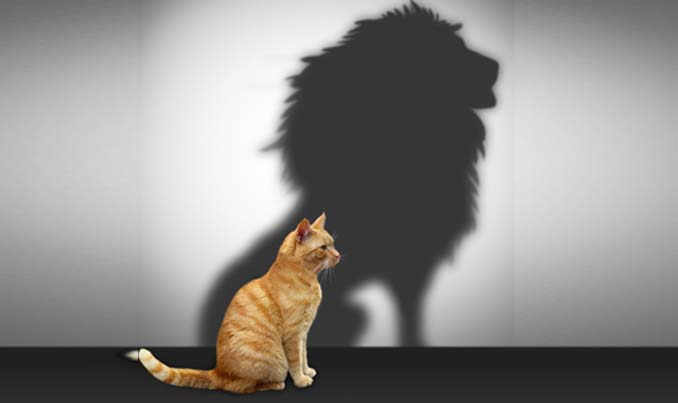Friday, October 30, 2015
Tell me about yourself.
DU's Housing and Residential Education department has been running a photo campaign in the days leading up to Halloween called "My Culture is Not a Costume". The hope is to raise awareness that dressing up as an individual from a culture not one's own does nothing to promote a culture of inclusivity. Indeed, it can reduce a rich cultural heritage (i.e., that from which the "costume" is drawn) to a caricature. And, once caricatured, such a group can easily be dismissed as less important. The campaign has generated a lot of comment, both verbal and on-line . . . and well it should, I would think. That said, I would hope the conversations have been positive and productive, but, from what I hear, they are not, always. As I was thinking about the campaign and the comments, an article came into my inbox titled "What you are really asking when you ask 'Where are you from?'" The author, Tanvi Misra, notes that the question may indeed be innocuous when people first meet, especially if it is in the context of group introductions. But in a different context, the person being asked, especially if from a minority group, often finds that they are not being questioned out of genuine interest, but in order to be put into some kind of "box" in the questioner's mind. In other words, as with the costume, caricatured, and, thus, made "worthy" to be dismissed. (And, as with the conversations about the "My Culture" campaign, the comments on the article are not always positive or productive). I may not have responded to the campaign or the article in quite the same knee-jerk fashion as many of the people who have commented on-line -- or at least I trust I would not have reacted the same way. That said, both the campaign and the article caused me to step back and consider what I REALLY want to know about someone when I meet them. And "Where are you from?" can often be an easy opening to a conversation; I'm generally fishing for a point of common-ground (I wonder, for example, if I've been there). What I usually want to know, however, is WHO is this person with whom I'm talking? What makes them tick? What are their hopes and dreams? What kind of family/families do they have? Are they a dog person, or a cat person (okay, stereotypes . . .)? In short, I like knowing the complexities of the whole person, not just one aspect -- since none of us can be reduced to only one facet of who we are. We are whole, complex, contradictory individuals. I can't think of any creation narrative, regardless of religion or culture, that has human beings emerge as a horde of clones -- nothing to differentiate one from the other. It is part of our make-up, reflected in those stories, that we ARE different, and that there is glory in that. We cannot be reduced to a costume, or an ethnicity, or to geography, or a religious group. I've been convinced. It's not out of "political correctness" (as some of the nay-saying commentators on the campaign/article above claim), but rather a sincere desire to know the other person that I think I'll ask a new acquaintance: "Tell me about yourself!" Where they choose to start the answer is up to them. and where the conversation might lead is more hope-full.
Blessings,
Gary
Subscribe to:
Post Comments (Atom)


Thanks, Chaplain Gary, for bringing up this topic. I think I will share your comments with the members of my course, ENGG 1100: Exploring U.S. Culture. The class is for first-year international students, and we have talked about this very question "Where are you from?" Some of the students get tired of answering it because they feel they are constantly being asked to "represent" their country, even as they only get to share the same few limited stereotypes in each conversation. As you pointed out, they feel they are only presenting caricatures of what are, of course, cultures as rich and complex as our own. Other students disagree and point out that Americans ask this question of each other all the time; it is an easy starting point in the search for common ground. The question, these students say, is not meant to be a criticism of their "foreign accent" or a comment about "looking different." The question is tricky; some like it and some don't. Your alternative, "Tell me about yourself", allows people to choose whether to share the geographic or cultural part of their identity, or not. Thanks for bringing up a thought-provoking topic.
ReplyDeleteEthel, Thanks for your comment! I'm glad you found the reflection helpful!
ReplyDelete